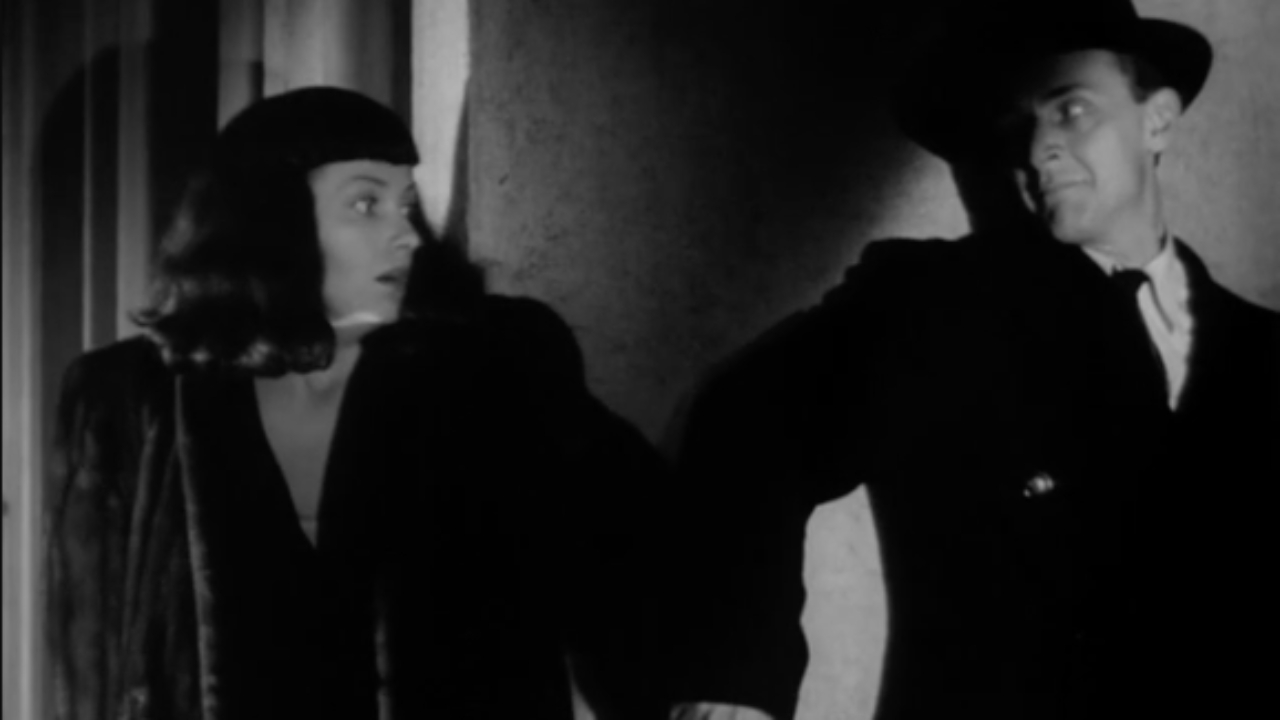
As a queer individual who has navigated through the labyrinth of societal expectations and norms, I find a striking resonance with the character of Jacqueline from “The Seventh Victim.” The film, though set in the 1940s, mirrors many of the struggles that LGBTQ+ individuals face even today – the fear of persecution, the pressure to conform, and the struggle for self-acceptance.
In recent times, numerous outstanding horror films featuring LGBTQ+ characters have emerged, such as “The Rocky Horror Picture Show” and “Jennifer’s Body,” which portray characters who are comfortable with their identities. On the other hand, it’s important to acknowledge movies that depict individuals throughout history who were forced to feel profound repression if they didn’t conform to societal norms. Despite being produced in the 1940s, Mark Robson’s “The Seventh Victim” still resonates with themes relevant to the LGBTQ+ community from that era.
According to the book “Monsters in the Closet: Homosexuality and the Horror Film,” the movie “The Seventh Victim” subtly explores queer themes through its character, Jacqueline. After watching the film myself, I’d like to share some thoughts on it.
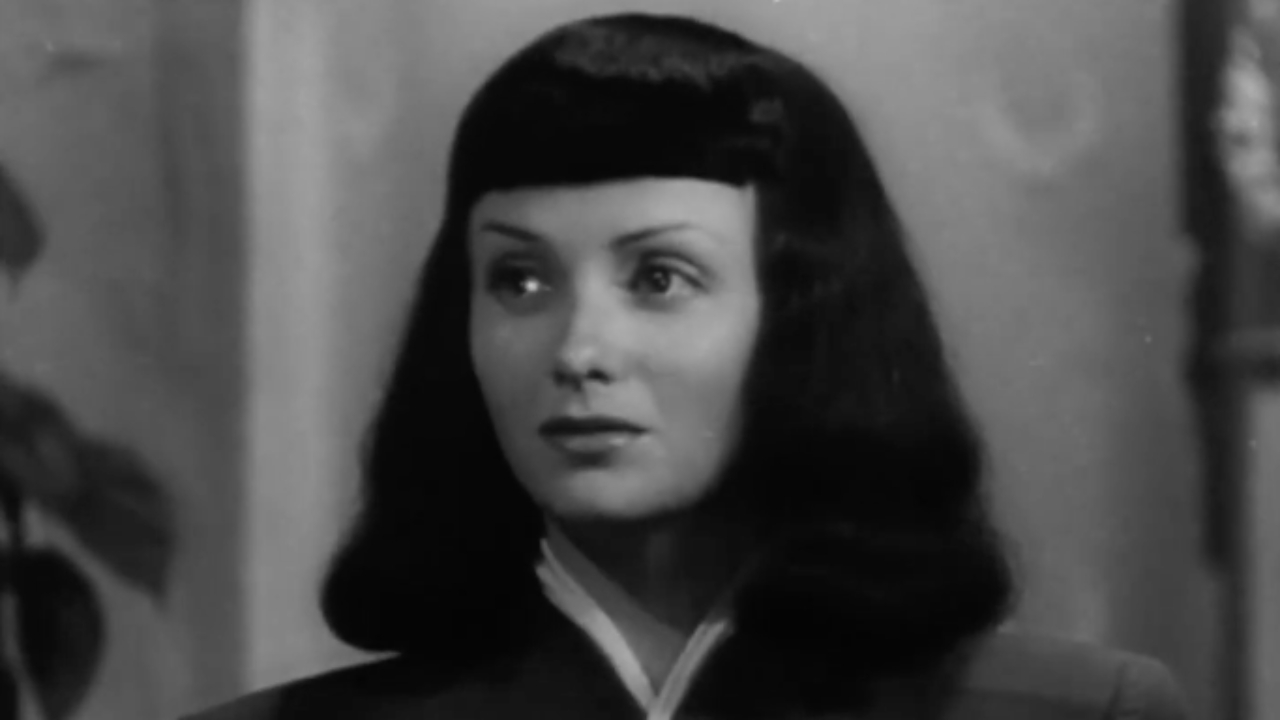
Jacqueline’s Fear of Intimacy Suggests Repressed Desires
The Seventh Victim
It comes to light that Jacqueline secretly married Gregory, a man with whom she feels emotionally detached and barely recognizes as her husband – much like how Mary perceives her own sister. The membership of Jacqueline in The Palladists, a cult centered around the worship of the devil and death, might suggest that she’s grappling with feelings of alienation, self-loathing, and struggling to embrace her queer identity.
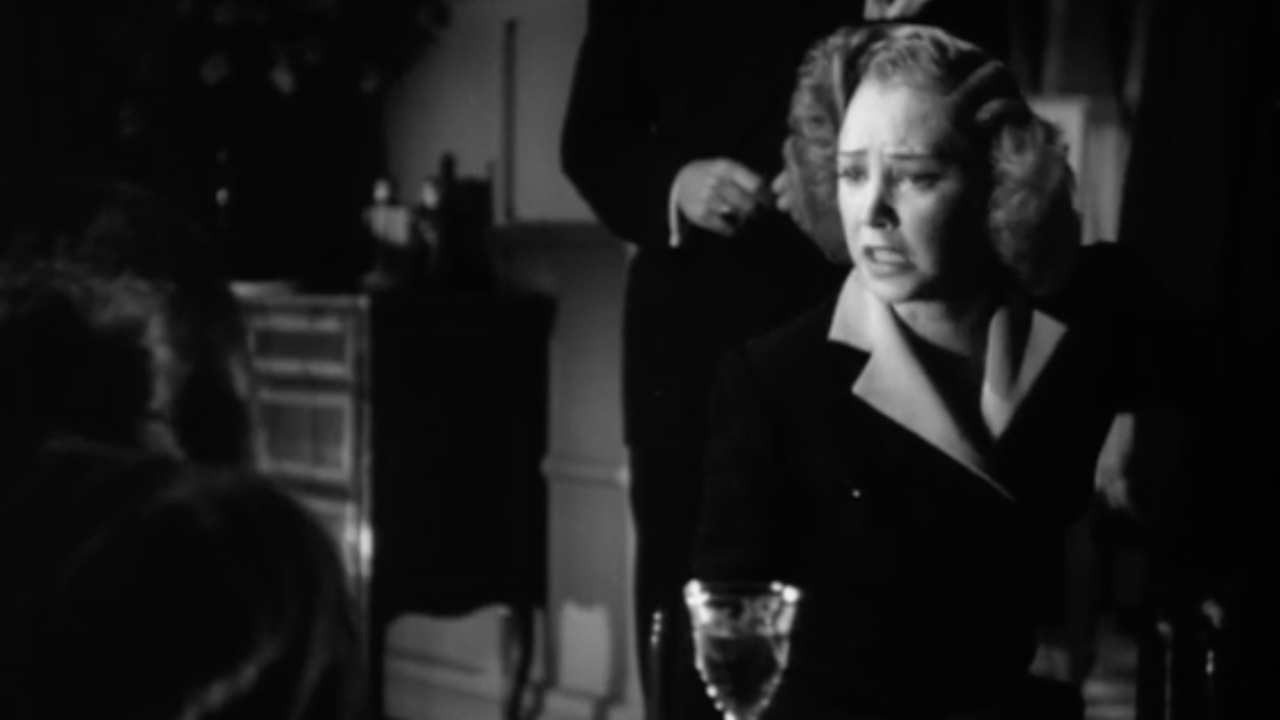
The Relationship Between Jacqueline and Frances is Suggesting More Than Friends
In “The Seventh Victim,” it’s not unreasonable to suspect that Jacqueline and Frances, both Palladist members and colleagues, might have a relationship beyond friendship. It appears that Frances heavily relies on Jacqueline emotionally. An instance of this is when the other Palladists tell Frances they think Jacqueline revealed their cult to a psychiatrist, Frances is the one who pleads with the group to spare Jacqueline when they suggest she should die.
The moment that demonstrates Frances’ strong bond with Jacqueline occurs when the Palladists instruct Jacqueline to drink poison to end her life. At first, Frances urges her to obey the cult’s instructions, but then she snatches away the glass, tears streaming down her face, and exclaims, “The only time I was truly happy was while working with you!” It seems that Jacqueline’s profound admiration for Frances may have led her to comply with the poison, and Frances’ deep affection for her was so powerful that she couldn’t stand by as she died.
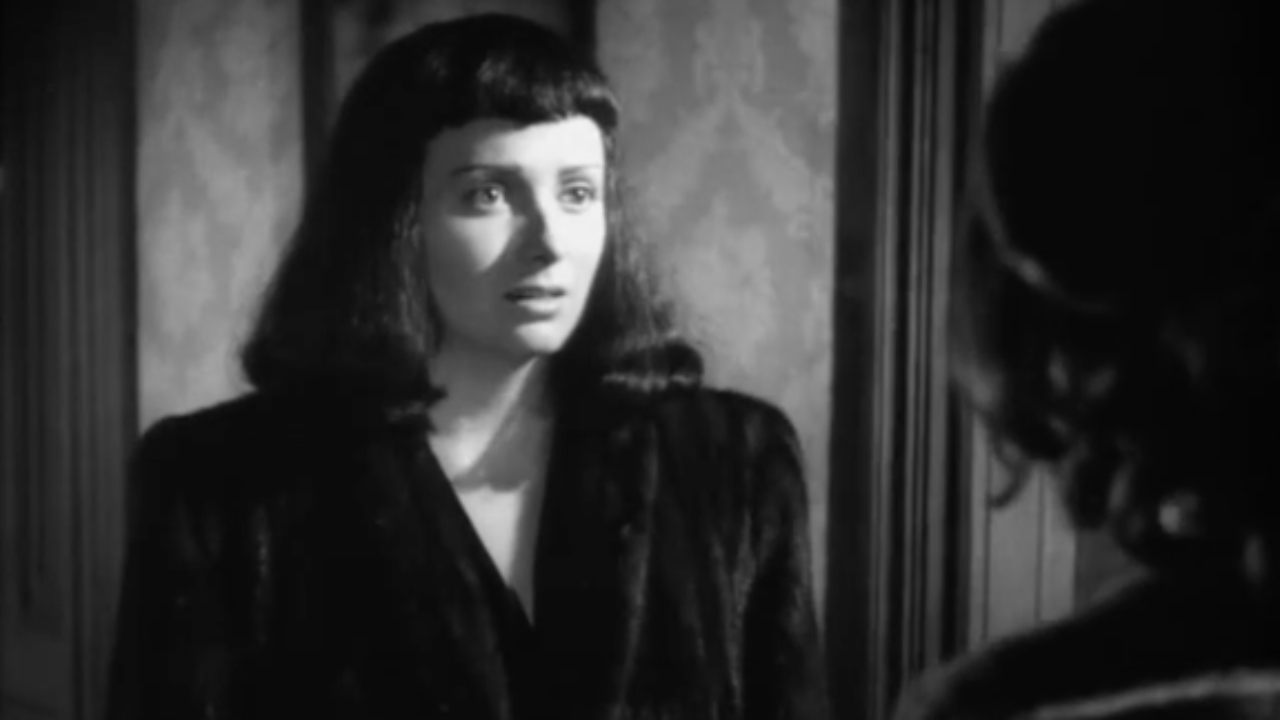
Jacqueline’s Isolation Mirrors the Queer Experience
In her quest to find Jacqueline, Mary uncovers a surprising truth: her sister has been living a dual existence all along. On the surface, Jacqueline appeared to lead a conventional life – married to a husband and running La Sagesse cosmetics company. However, she eventually abandoned both these roles.
In this perspective, when Jacqueline entered The Palladists, she was seeking refuge from restrictive heteronormative norms, but instead found herself in a new realm with its own stringent regulations enforcing uniformity. It’s evident that Jacqueline longs for liberation, yet finds herself trapped much like the queer community often does. Reminiscent of the misguided narrative portrayed in the LGBTQ+ drama Prayers For Bobby, the cult convinces Jacqueline that suicide is the sole means to attain the liberation from repression she desires.
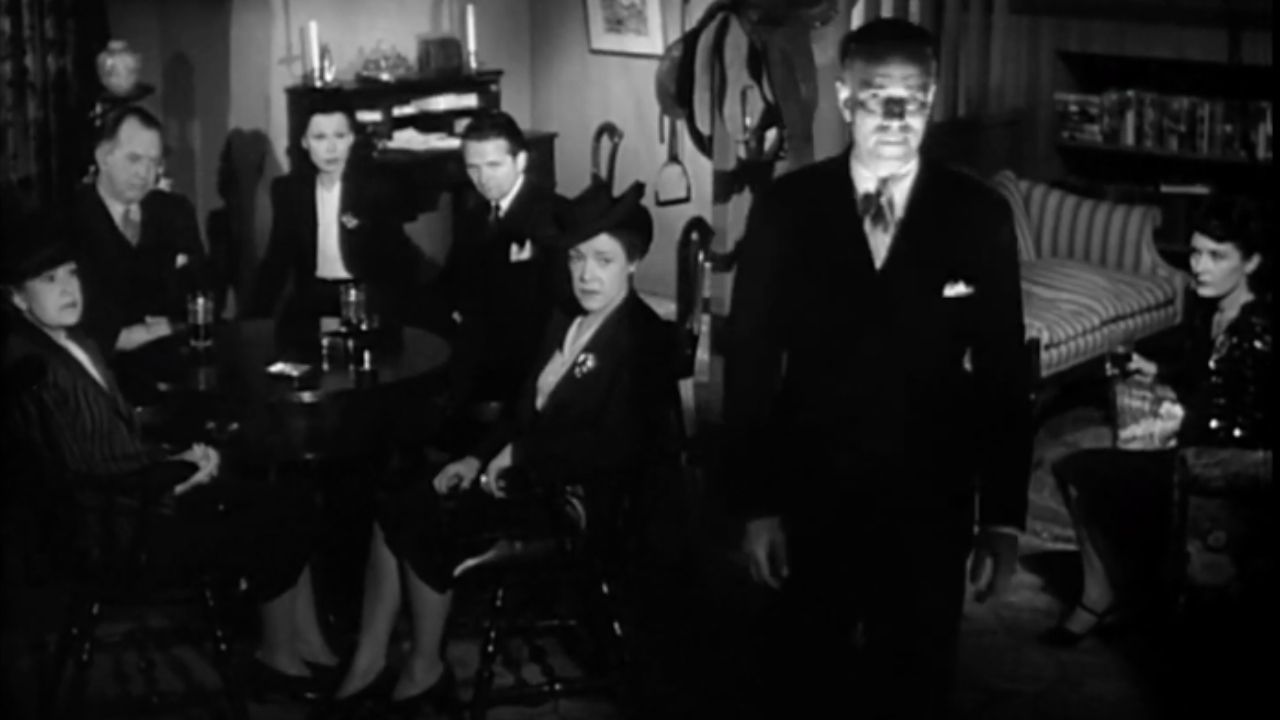
How The Satanic Cult Could Be Seen As Queer-Coded
One possible interpretation of The Palladists might be that they embody society’s desire to conceal or manipulate individuals who are deemed different, perhaps even encouraging their own demise. However, another intriguing perspective could suggest that the satanic cult may be symbolically associated with the queer community. Members of The Palladists are often portrayed as outcasts who defy societal conventions and act covertly. Their desire to retaliate against those exposing their identity might symbolize their apprehension about being exposed, which could represent a fear of being ostracized or facing social discrimination aimed at the broader population.
The Palladists opt for a distinct approach, eschewing mainstream societal norms such as venerating Satan instead of traditional religious figures. They convene in clandestine chambers concealed in the darkness to evade public scrutiny. It’s likely that Jacqueline was drawn to The Palladists due to their rebellious nature, but may have been deterred by their stringent self-imposed regulations. Essentially, joining The Palladists might be seen as trading one form of societal structure for another, rather than embracing a life free from restrictions.
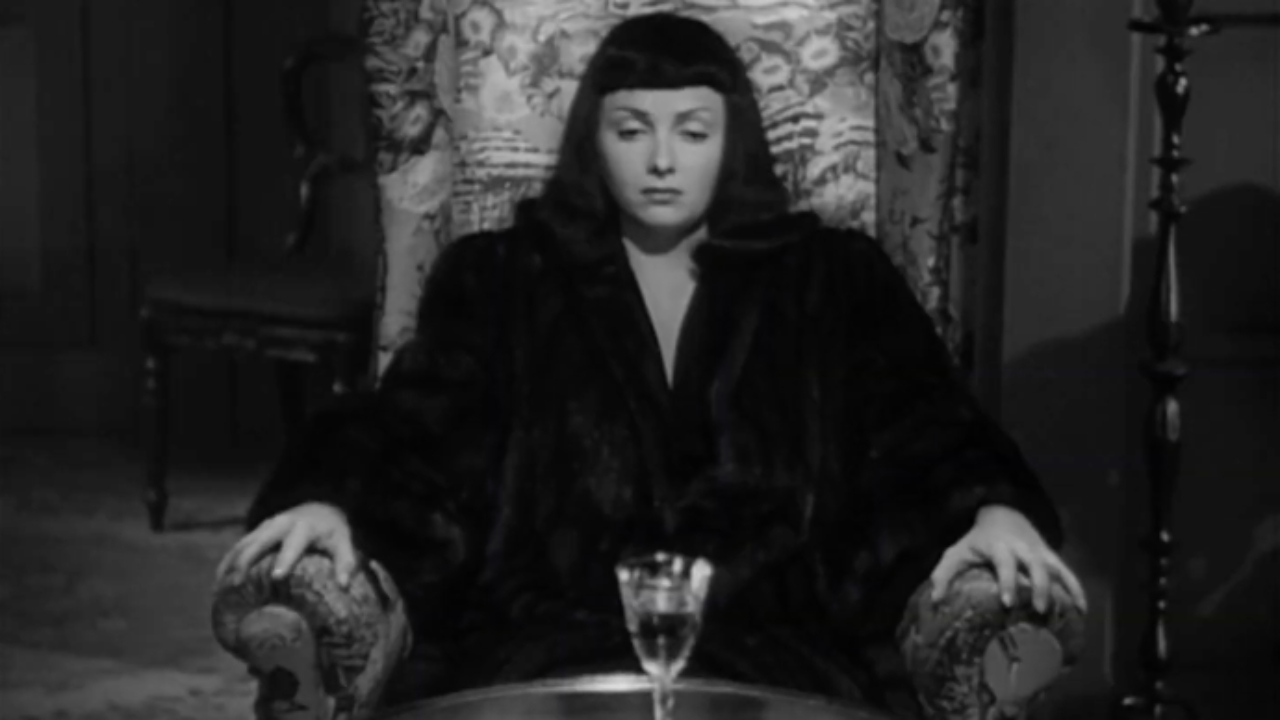
Jacqueline’s Character Can Be Read as Gender Nonconforming
Jacqueline’s appearance doesn’t follow the typical style of women in the 1940s as commonly portrayed. She might not appear masculine, but she has a striking resemblance to Morticia Addams, the iconic TV mom with her pale complexion and sleek, raven-black hair. Unlike the glamorous dresses popular during that era, Jacqueline often dons an oversized fur coat, which doesn’t highlight her feminine curves. Moreover, she deviates from the conventional “feminine” norms of her time by not openly expressing vulnerability through emotions. Instead, her demeanor is more enigmatic and reserved.
Jacqueline’s decision to depart from her business and her husband signifies a strong desire to chart an independent course, diverging from what society traditionally expects. Regrettably, her rebellion against The Palladists has led the secret cult she joined to demand her life, which may symbolize the ostracization and oppression faced by individuals within the LGBTQ+ community who do not conform to societal norms regarding gender roles.
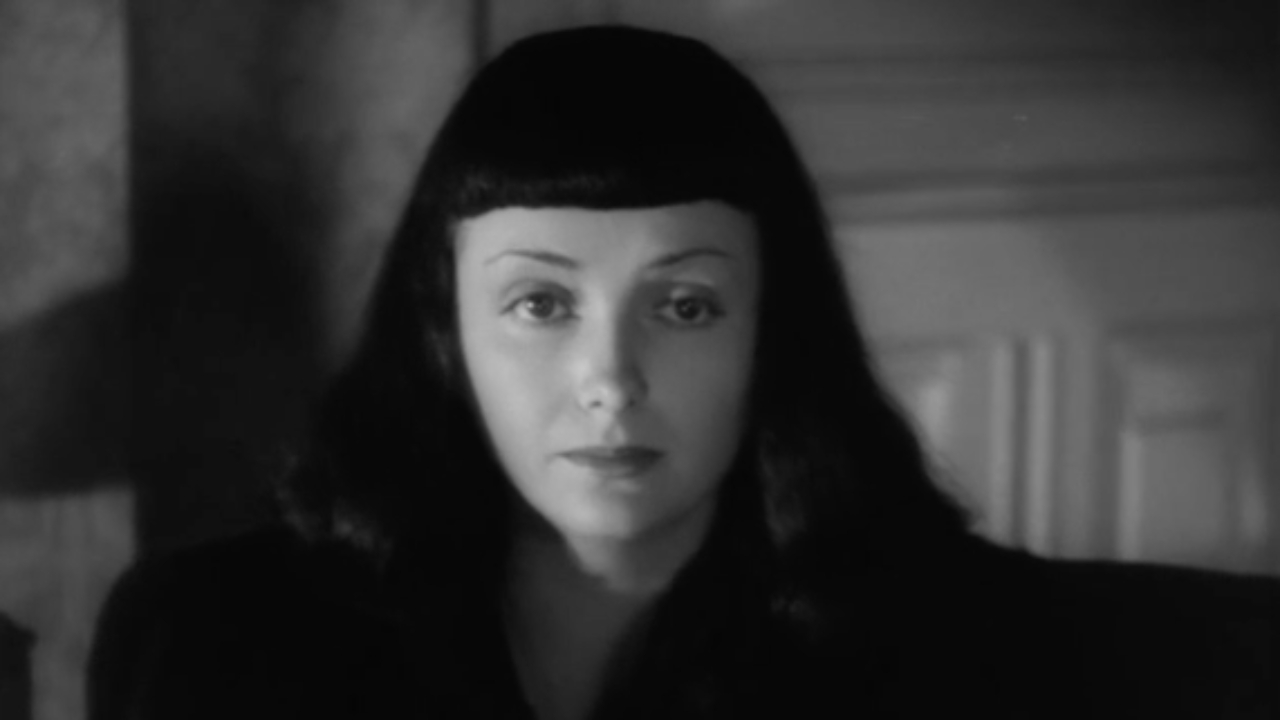
The Ambiguous Ending Could Be Interpreted As A Nod to the Fear of Queer Identity
Following the pursuit by cult devotees, it appears that Jacqueline, found in a sealed room with a noose around her neck and a subsequent clunk sound, likely ended her life – a chilling act hinting at the enigmatic character’s desperate struggle to reconcile her desire for societal acceptance with her true identity. The film leaves us with an unsettling sense of unresolved tension and tragedy, as we empathize with a character who seemingly could not find peace within society or as herself.
In much the same way that many people identifying as queer during the 1940s experienced feelings of isolation and despair due to societal rejection, it isn’t a great leap to imagine someone in modern times struggling with the same fears about revealing their true identity out of fear of harm or rejection. Living in a society that disregards an essential aspect of who you are can foster self-loathing. Jacqueline was subjected to pressure to take her own life by the cult, and it seemed she felt disconnected from those around her. Her potential suicide might represent the deep-rooted fear surrounding queer identity that, unfortunately, still resonates with some members of today’s LGBTQ+ community.
From this angle, the emotional turmoil and hardships faced by the character Jacqueline in The Seventh Victim, though set in the 1940s, resonate strikingly with modern-day struggles of the LGBTQ+ community. Although her sexuality isn’t explicitly addressed, Jacqueline’s persona challenges societal norms for women, making her an icon for those who don’t fit comfortably within these expectations. Watching this film today, we can still empathize with Jacqueline as she grapples with feelings of confusion and despair when she feels lost or hopeless. The final line, “I run to death, and death meets me as fast, and all my pleasures are like yesterday,” might symbolize the tragic sense of hopelessness and repression that many depressed LGBTQ+ individuals experienced during a time when queer representation was scarce in Hollywood.
Don’t forget to check out the scary movies we have coming up this Halloween for some good scares!
Read More
- Silver Rate Forecast
- Black Myth: Wukong minimum & recommended system requirements for PC
- Gold Rate Forecast
- USD CNY PREDICTION
- Former SNL Star Reveals Surprising Comeback After 24 Years
- Grimguard Tactics tier list – Ranking the main classes
- Arknights celebrates fifth anniversary in style with new limited-time event
- Gods & Demons codes (January 2025)
- Maiden Academy tier list
- PUBG Mobile heads back to Riyadh for EWC 2025
2024-10-20 16:07